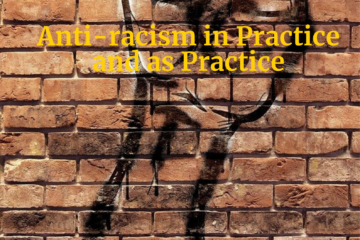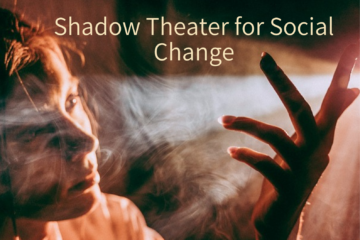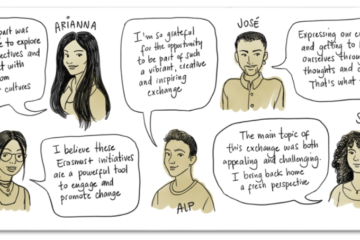Seeds for the future is a programme financed by the European Union that provides young people from countries within the Union with the opportunity to deepen their knowledge, experience and integrate a multitude of new skills through a non-formal learning approach. This was my first youth exchange, and I came out of it in a very different way to the way I went in.
It is true that I have always been involved in one way or another with nature, but my vision of how human beings relate to it has been deepening, and in this programme I have not only seen how in my country human beings relate to the natural environment and in turn try to mitigate the negative effects of certain sectors of society, but I have had also the opportunity to know how it is in other countries, and even in other regions of my country to be aware that already in some cities in spain are being designed urbanization plans based on the well being of pedestrians, or even more, implementing compost systems. I was surprised that there are nature preservation communities in Galicia, (a region in my country), because even living in my country, I have realised how much needs to be done and the nuances that we find in each of the areas of the territory.
Besides that, it is an opportunity for young people to open up to other cultures, other languages of expression, and to enjoy this diversity.
After this experience I have asked myself what conservation policies we are really carrying out in my region, because I know a bit about nature preservation policies at state level, but I realise that there are many details and a lot of organisation stuff that I didn’t knew before seeds for the future experience, which is why after this participation I have contacted Anna Espadalé, young biologist working in environmental planning and international policies for the government of Catalonia, and she told me some facts about two topics, the first one related to the immediate measures that should be taken in terms of nature conservation in Catalonia;
“Within the international framework and the biodiversity objectives of the COP 27 for 2030, with regard to the protection of 30% of terrestrial and marine areas, together with their territorial organisation in each country. In the case of Catalonia, 32% protection has already been achieved in the terrestrial area. I think we are going where we need to go, but we lack the economic, legislative and human resources to make the necessary impact. It is difficult to reach certain agreements with sectors of society that have other interests, and we also need a strong social conscience. I believe that we are not moving as fast as we should and that we need more ambition.”
And secondly about what she thinks from the involvement of younger people, specifically how she thinks younger people will cope with the climate changes that are coming, and whether she is already seeing consistency in young people at the moment.
“We are a generation that comes from parents who lived in a time when there was a lot of abundance, and when it was not so common to be aware of the climate footprint of every action. We have gone from living in abundance to seeing how it is becoming increasingly scarce, that is to say, there has been a significant leap from one generation to another, from not having to look at the food when you go to buy it to seeing what the product contains. I feel that we are involved in climate change, even though we are not yet sufficiently assessing the impact of what it is going to mean, I think that young people are changing the way they consume, but there is still a long way to go. And it also comes together with the point of climate anxiety of certain young people, after questioning what the future holds for them.”
After this experience, everything I have learnt and the conversation I had with Anna, I have decided to plant new seeds and join one collective garden from my city, and with this I hope that more young people will be encouraged to take part in this type of projects, and take more action for the future,whereas are small steps.
Elisabeth Hedwing
Spanish participant in the Youth Exchange «Seeds for Future»


